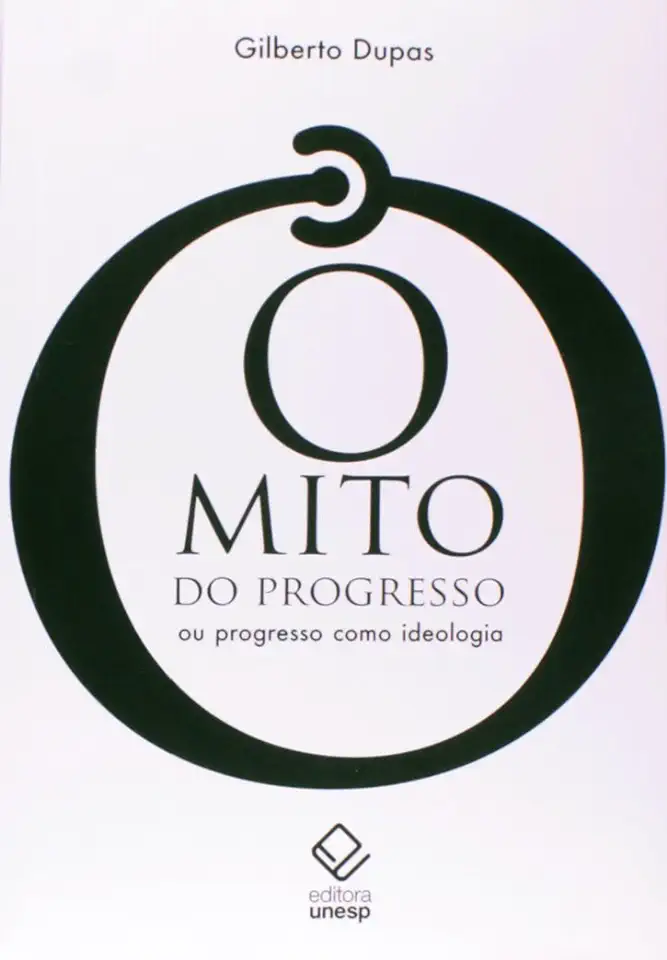
The Myth of Progress - Gilberto Dupas
The Myth of Progress: How We Came to Believe in Progress and Why It Matters
Introduction
In his book "The Myth of Progress," Gilberto Dupas argues that the idea of progress is a myth that has been used to justify everything from colonialism to environmental destruction. He traces the history of the idea of progress from its origins in the Enlightenment to its current incarnation as the ideology of neoliberalism. Dupas shows how the myth of progress has been used to create a society that is increasingly unequal, unjust, and unsustainable.
The Origins of the Myth of Progress
The idea of progress originated in the Enlightenment, a philosophical movement that emerged in Europe in the 18th century. Enlightenment thinkers believed that human reason could be used to improve the human condition. They argued that society could be perfected through the application of scientific knowledge and technology.
The idea of progress was quickly adopted by the industrialists and capitalists who were transforming Europe at the time. They saw progress as a way to justify their exploitation of workers and the environment. They argued that the benefits of industrialization would eventually trickle down to everyone, and that the sacrifices made in the present would be worth it in the long run.
The Myth of Progress in the Modern World
The myth of progress has continued to be used to justify all sorts of social and economic policies, from the colonization of Africa and Asia to the current wave of globalization. Neoliberalism, the dominant economic ideology of our time, is based on the belief that the free market will lead to progress for all.
Neoliberal policies have led to increased inequality, poverty, and environmental destruction. But the myth of progress continues to be used to justify these policies, even as the evidence mounts that they are not working.
Why the Myth of Progress Matters
The myth of progress is a dangerous myth. It leads us to believe that the future will always be better than the present, and that we can therefore afford to sacrifice the present for the sake of the future. This is a dangerous way of thinking, because it can lead us to make decisions that have disastrous consequences.
We need to challenge the myth of progress and create a new vision of the future. A vision that is based on sustainability, equality, and justice. A vision that is not based on the idea that the future will always be better than the present, but on the idea that the future is what we make it.
Conclusion
"The Myth of Progress" is a powerful and provocative book that challenges one of the most fundamental beliefs of our time. Dupas argues that the idea of progress is a myth that has been used to justify all sorts of social and economic policies that have led to increased inequality, poverty, and environmental destruction. He calls for us to challenge the myth of progress and create a new vision of the future. A vision that is based on sustainability, equality, and justice.
If you are interested in learning more about the myth of progress and how it has shaped our world, I highly recommend reading this book. It is a must-read for anyone who wants to understand the challenges facing our world today and to create a better future.